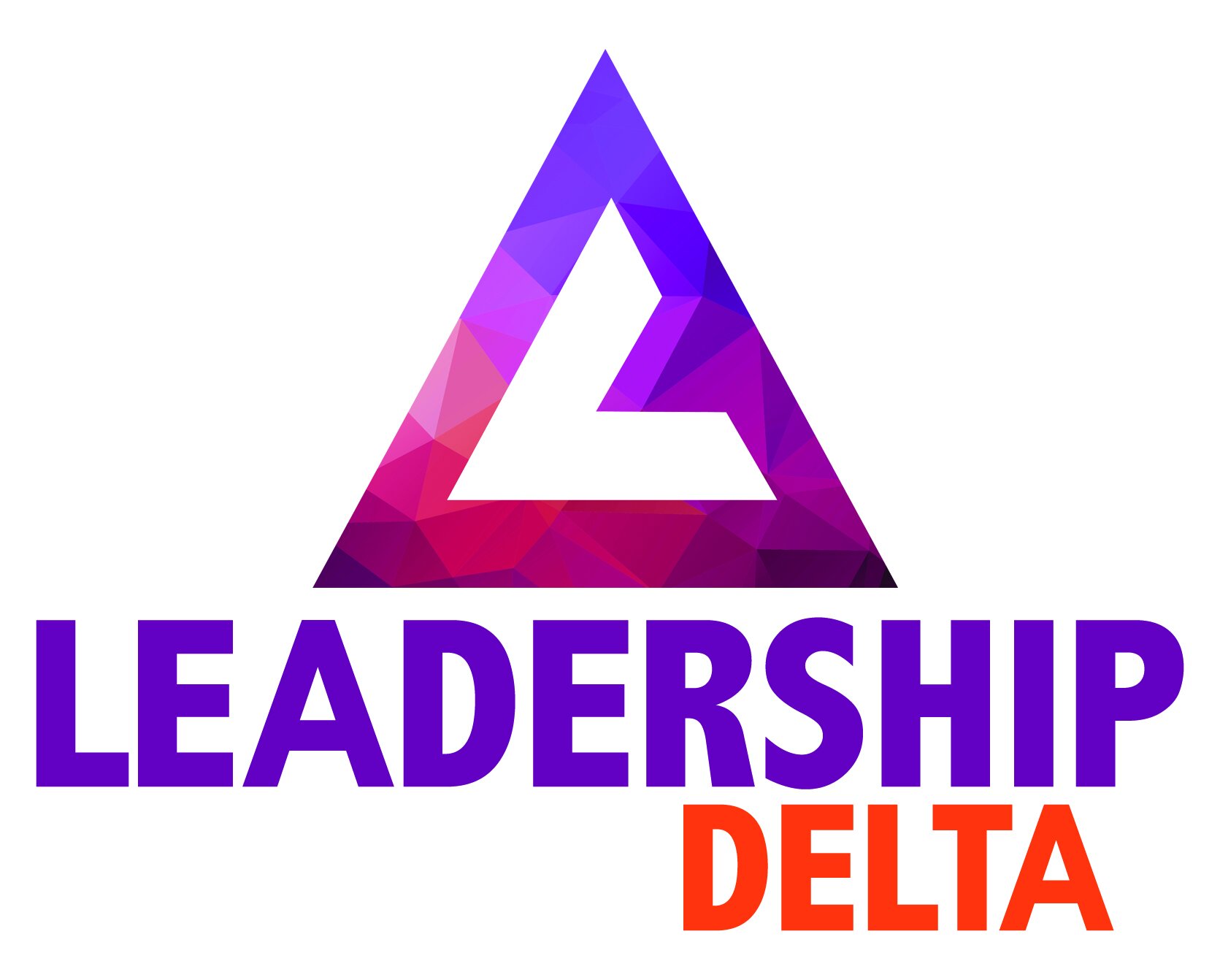Slam Dunk Training: Achieving Unconscious Competence
When training team members in your company, things can often become frustrating as you struggle to gauge exactly how much training individuals need. Things that seem straightforward and simple to you sometimes appear to be ungraspable by your team. It may be because you are operating in a state of unconscious competence. You’re so familiar with the skills you’re seeking to teach that these skills have become second nature to you. Your team, however, might still be at an earlier point in their learning journey. By understanding the four stages where learning occurs, you can guide your team to conducting their business with complete mastery.
Unconscious Incompetence
Learners at this stage can be said to “don’t know what they don’t know.” This is the beginning point, where people first encounter a new skill that they would like to learn. For instance, imagine a kid seeing Michael Jordan slam dunk a basketball. This kid doesn’t know the skill, time, and energy that move takes to complete—a direct result of Michael Jordan making it look effortless. All the kid knows is that they’d like to learn to do it. The same goes for your business. Your employees may not be aware of what exactly goes into a new skill and will make many mistakes. They will need hands on guidance and training at this stage.
Conscious Competence
Here is where learning truly begins. Again, think of the kid learning to slam dunk a basketball. They now understand that to succeed, they will have to work on physical strength, aim, and more. There is some familiarity with the developing skill as well as with the knowledge gaps to be filled. When it comes to your team, accept that mistakes will continue to occur. However, if your employees have moved into a state of conscious competence, they will begin to self-correct them.
Conscious Competence
Learning is well underway and a certain level of proficiency has been reached. By now, our aspiring basketball player has managed to land more than few dunks. But mastery is still on the horizon—when your team enters this stage of learning, it is often easy to mistake it as the end of the road as fewer mistakes occur. But learners at this stage still expend a large amount of energy and attention in completing their actions.
Unconscious Competence
The ultimate goal in learning any new skill is complete mastery. At this point, the basketball player doesn’t think twice before rushing the net and dunking the ball with perfect accuracy. Learners at this stage display a high level of competence and display an intimate understanding of the workings of their newly acquired skill. Mistakes are rare, and actions have become highly intuitive. In fact, things become less of a taught concept, skill, or technique—they now become habits.
Unfortunately, learning is rarely linear and so sometimes it can become difficult to track your team’s development in acquiring new skills. However, by using these four stages as a lens, you can track and better understand where your people stand. If you’re interested in learning more, contact Leadership Delta today. We have the tools, experience, and unconscious competence to help you grow your team into the next stage.

